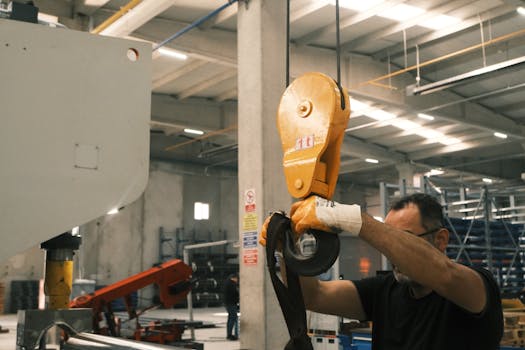You could do a foundation degree, higher national diploma or degree in a subject like:
- manufacturing systems engineering
- electrical or electronic engineering
- mechanical engineering
- production or manufacturing engineering
If you've got another engineering qualification, you could take a postgraduate master's course in manufacturing systems engineering.
Entry requirements
You'll usually need:
- 1 or 2 A levels, or equivalent, for a foundation degree or higher national diploma
- 2 to 3 A levels, or equivalent, for a degree
- a degree in a relevant subject for postgraduate study








